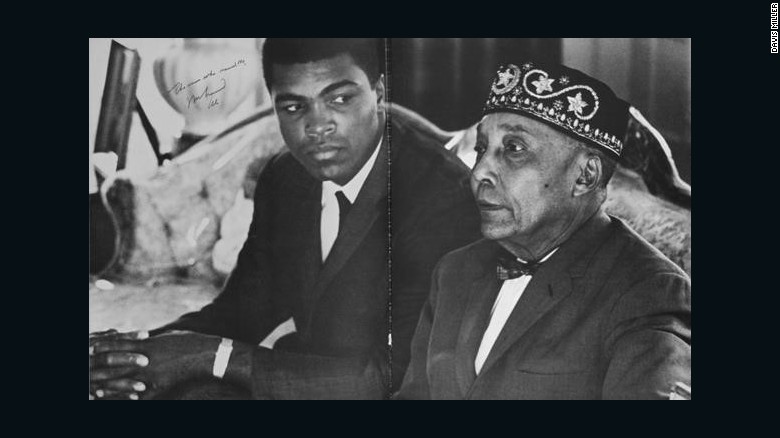
Witnesses described running for their lives and seeing unimaginable carnage at Pulse in Orlando, a gay nightclub where 50 people were shot dead in an ISIS-claimed attack early Sunday.
The shooting was the deadliest in US history. The suspected gunman, 29-year-old Omar Saddiqui Mateen, reportedly pledged allegiance to ISIS (also known as the Islamic State, ISIL, or Daesh) in a 911 call.
Mateen started shooting at about 2 a.m., near last call for the club, which was hosting its popular Latin Night. Police shot and killed Mateen about three hours later.
Those inside the club when the shooting happened told various news outlets about what they saw. Here are some of their stories:
- Ray Rivera, a 42-year-old DJ at the club, told The New York Times that he didn't realize at first that the noise he heard was shooting. He lowered the music in the club to figure out what was happening. "I thought it was firecrackers," he said. "I saw bodies on the floor, people on the floor everywhere. It was chaos, everybody trying to get out."
- Joel Figueroa, 19, described hearing the first shots ring out. "Bam, bam, bam. The only thing I could think of was to duck," he told the Times. His friend, Stanley, was there with him. "There was Stanley, on the floor," he recounted. Stanley was shot three times, Figueroa said. His present condition is unknown.
- José Flores, 25, was near the scene after the massacre had ended. "It looks like a war zone might look. That's why I think it's so important to have a relationship with God — those people didn't know they were having their last drink, what was getting ready to happen."
- Christopher Hansen told the Associated Press that he escaped the club after the shooting started. "When I got across the street there was blood everywhere," he said. "I was helping somebody because he was laying down and I wasn't sure if he was dead or alive. I took my bandanna off, I shoved it in this hole, the bullet hole that was in his back." He described what he was thinking when the shooting started: "I was thinking, 'Are you kidding me?' So I just dropped down. I just said, 'Please, please, please, I want to make it out.' And when I did, I saw people shot. I saw blood. You hope and pray you don't get shot."
Mateen's father told NBC News that his son was angered when he saw two men kissing in Miami a couple of months ago.
"This has nothing to do with religion," he said.
http://www.aol.com/article/2016/06/13/there-was-blood-everywhere-witnesses-describe-horrific-orland/21393963/
